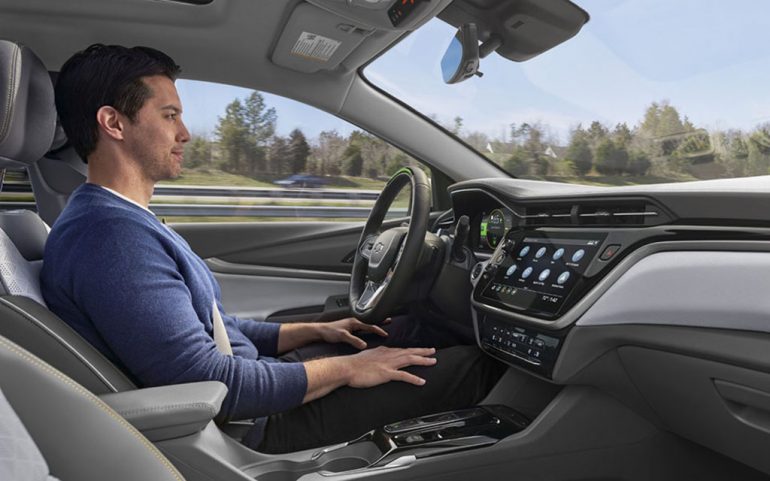
U.S. regulators are soon to decide on General Motors’ self-driving cars. GM’s Cruise unit has filed a petition seeking approval to deploy up to 2,500 self-driving vehicles annually without human controls. The decision is expected in the coming weeks. The central question at hand is whether computer-driven vehicles should adhere to safety standards designed for human drivers.
Cruise currently operates a limited self-driving service in San Francisco using Chevrolet Bolt vehicles. However, they aim to deploy their Origin vehicle, which features subway-like doors and lacks traditional driving controls such as steering wheels. Previously, GM had petitioned for autonomous cars without steering wheels but later withdrew the request after no action was taken by the National Highway Traffic Safety Administration (NHTSA).
In response to growing concerns and developments in autonomous vehicle technology, the NHTSA is considering establishing a new program. This program would provide greater transparency and oversight of autonomous vehicle safety and deployment. It aims to assure the public that the NHTSA is actively monitoring the deployment of self-driving cars on public streets.
Meanwhile, discussions on legislation regarding self-driving cars have been ongoing in Congress for years. A U.S. House of Representatives subcommittee plans to hold a hearing later this month. In 2017, the House passed a bill to expedite the adoption of self-driving cars, restrict states from setting their own performance standards, and increase the number of vehicles eligible for deployment with exemptions. However, the bill did not progress through the Senate.
Source: Reuters

Mike Floyd is a finance executive by trade and a car enthusiast at heart. As a CFO with a keen eye for detail and strategy, Mike brings his analytical mindset to the automotive world, uncovering fresh insights and unique perspectives that go beyond the surface. His passion for cars—especially his favorite, the Porsche 911, fuels his contributions to Automotive Addicts, where he blends a love for performance and design with his professional precision. Whether he’s breaking down industry trends or spotlighting emerging innovations, Mike helps keep the site both sharp and forward-thinking.